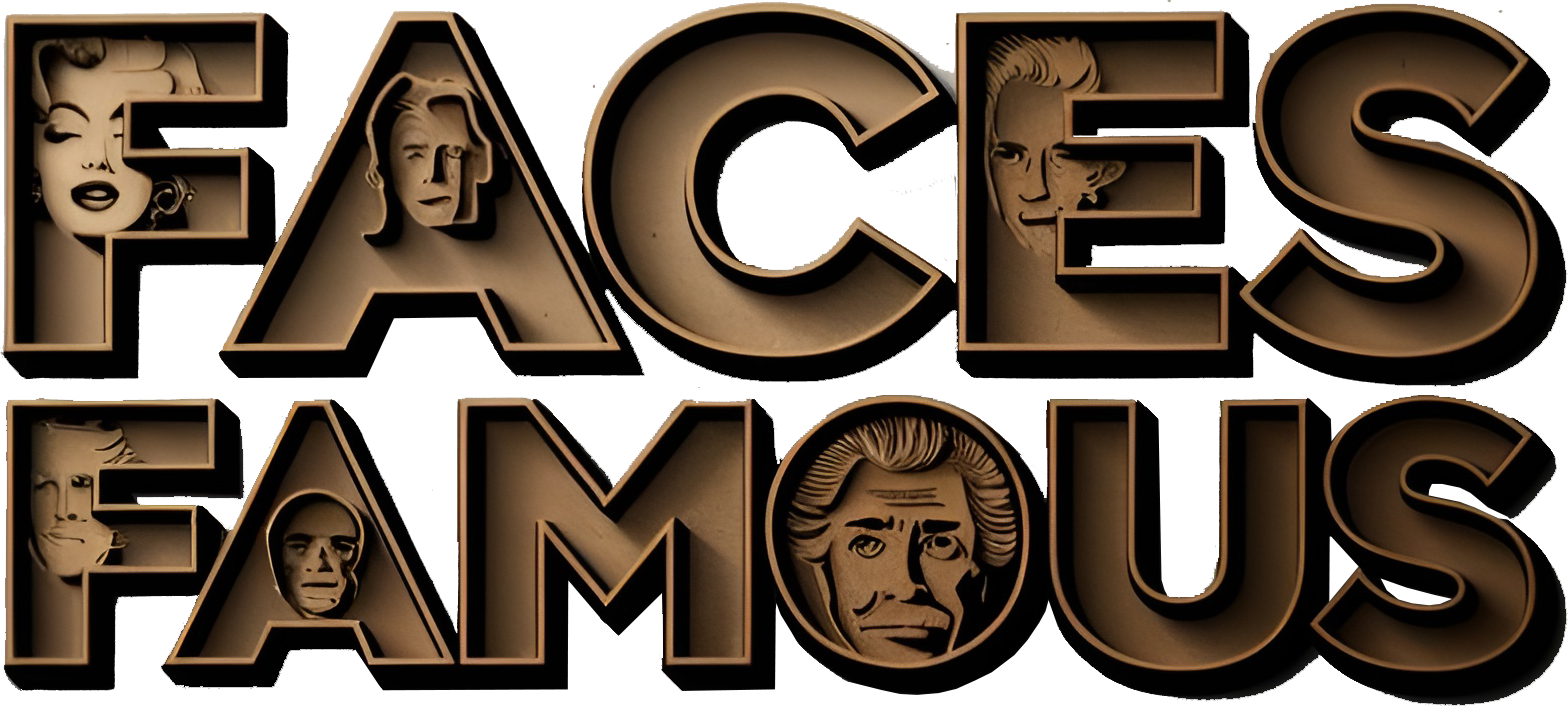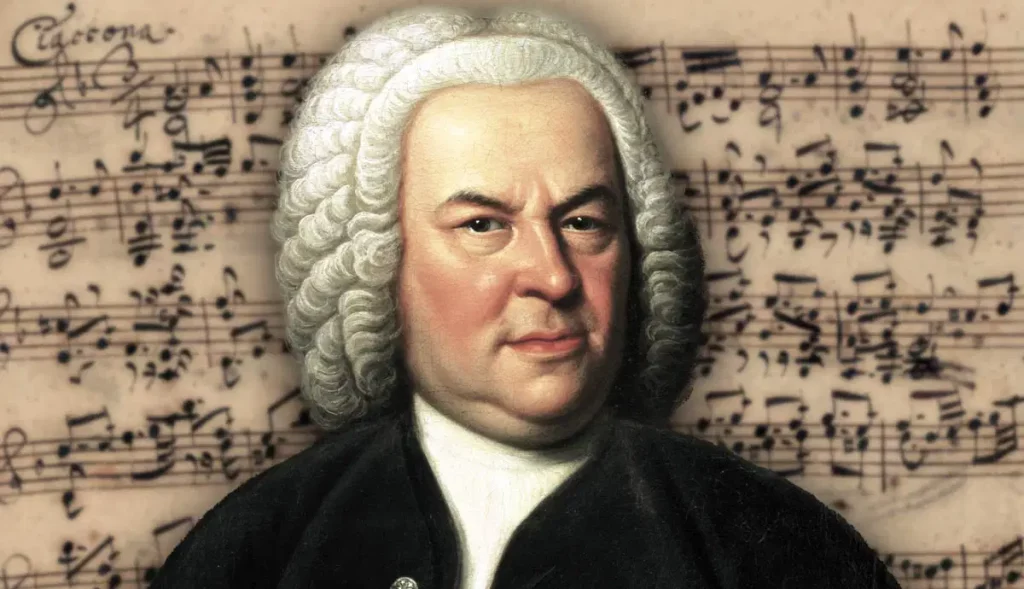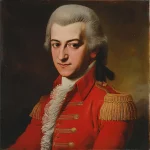Johann Sebastian Bach (1685–1750) is one of the most revered composers in Western music history. Renowned for his technical mastery, profound emotional expression, and unparalleled ability to integrate complex musical forms, Bach’s works have had a lasting influence on music. Born into a prominent family of musicians in Eisenach, Germany, Bach’s life was dedicated to his craft, producing a vast body of work that remains central to classical music.
Early Life and Musical Foundation
Johann Sebastian Bach was born on March 31, 1685, in Eisenach, into a family with a strong musical lineage. His father, Johann Ambrosius Bach, was a musician who introduced him to the fundamentals of music. Orphaned by the age of 10, Bach lived with his older brother, Johann Christoph, who further nurtured his musical talents.
Bach’s education included formal studies in Latin, theology, and music. His early exposure to the works of composers such as Vivaldi, Pachelbel, and Buxtehude influenced his own style, which he later expanded with his innovative genius.
Career and Compositional Style
Bach held various positions throughout his life, working as an organist, court musician, and music director. Each role allowed him to develop his craft and contribute significantly to the musical repertoire.
1. Weimar (1708–1717):
During his time in Weimar, Bach served as a court organist and later as concertmaster. He composed many of his famous organ works, such as Toccata and Fugue in D minor, and began experimenting with instrumental forms.
2. Köthen (1717–1723):
At Köthen, Bach worked as a Kapellmeister (music director). Here, his focus shifted to secular music, producing some of his most celebrated works, including the Brandenburg Concertos and the Well-Tempered Clavier.
3. Leipzig (1723–1750):
The last and most prolific phase of Bach’s life was spent in Leipzig, where he served as the music director for the city’s principal churches. In this role, he composed an extensive body of sacred music, including the St. Matthew Passion, the Mass in B Minor, and numerous cantatas.
Musical Innovations and Masterpieces
Bach’s music is marked by its intellectual depth, technical complexity, and emotional intensity. He was a master of counterpoint, a technique of combining multiple independent melodies into a harmonious whole. His ability to blend technical rigor with expressive beauty set him apart as a composer.
- Sacred Music:
Works like the St. John Passion and St. Matthew Passion are monumental in their emotional depth and spiritual resonance. - Keyboard Works:
The Well-Tempered Clavier, a collection of preludes and fugues in all 24 major and minor keys, remains a cornerstone of keyboard repertoire. - Instrumental Works:
The Brandenburg Concertos and the Goldberg Variations showcase Bach’s inventiveness and versatility. - Choral Music:
Bach composed over 200 cantatas, many of which are still performed in churches and concert halls worldwide.
Personal Life and Challenges
Bach was married twice and had 20 children, several of whom became notable musicians. Despite his immense talent, Bach was not widely celebrated during his lifetime and was often seen as a skilled craftsman rather than a musical genius. His style was considered old-fashioned by the end of his career, overshadowed by the emerging Classical era.
Legacy and Influence
Johann Sebastian Bach’s works were rediscovered and popularized during the 19th century by composers like Felix Mendelssohn, who performed Bach’s St. Matthew Passion in 1829. Today, Bach is regarded as a foundational figure in Western music, whose compositions serve as both a technical challenge and an artistic inspiration for musicians worldwide.
His music has influenced countless composers, including Beethoven, Mozart, and Brahms, and continues to inspire performers, scholars, and audiences. Bach’s ability to combine technical mastery with profound expressiveness ensures his place as one of history’s greatest composers.
Conclusion
Johann Sebastian Bach was more than a composer; he was an architect of music, a visionary who elevated the art form to new heights. His works remain a testament to the power of human creativity and spiritual devotion, resonating as profoundly today as they did centuries ago. Through his legacy, Bach’s music transcends time, embodying the eternal beauty and complexity of the human spirit.



